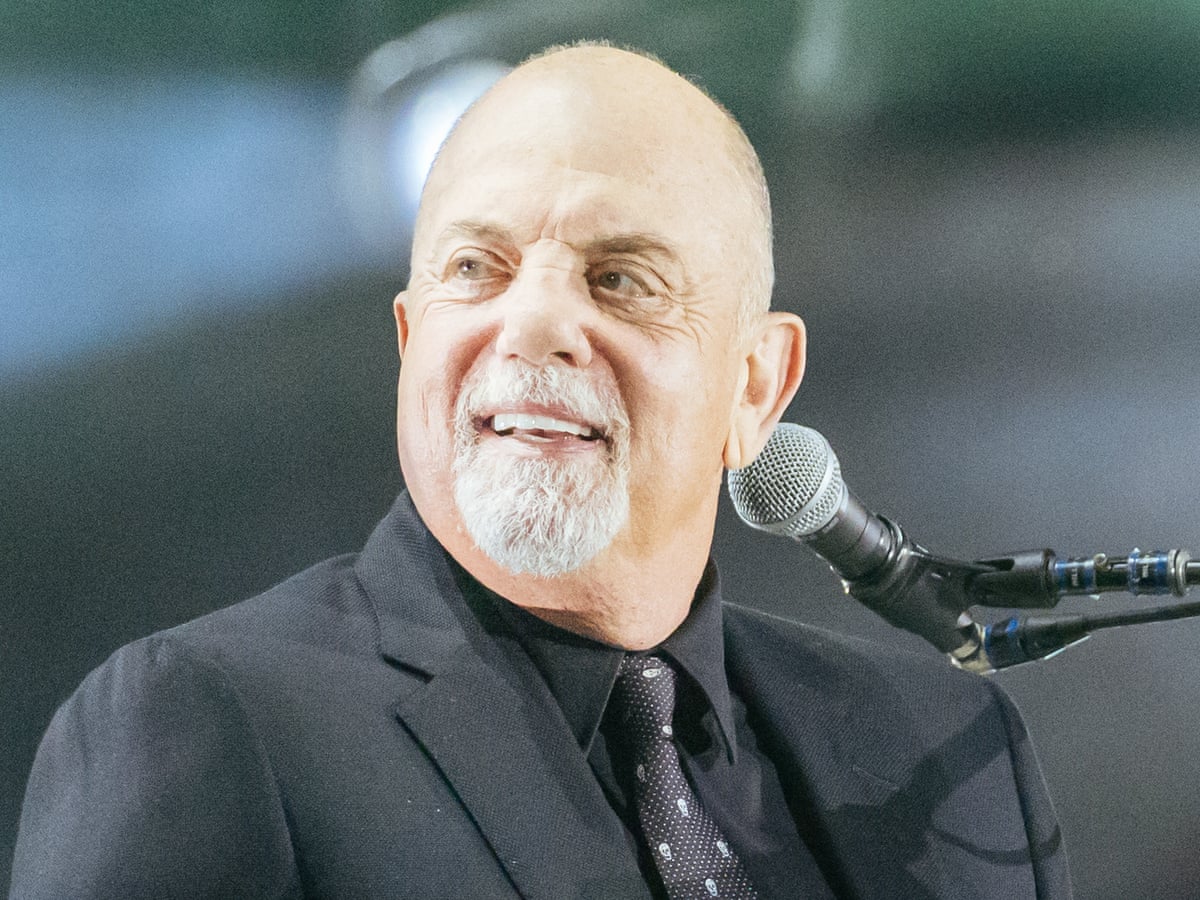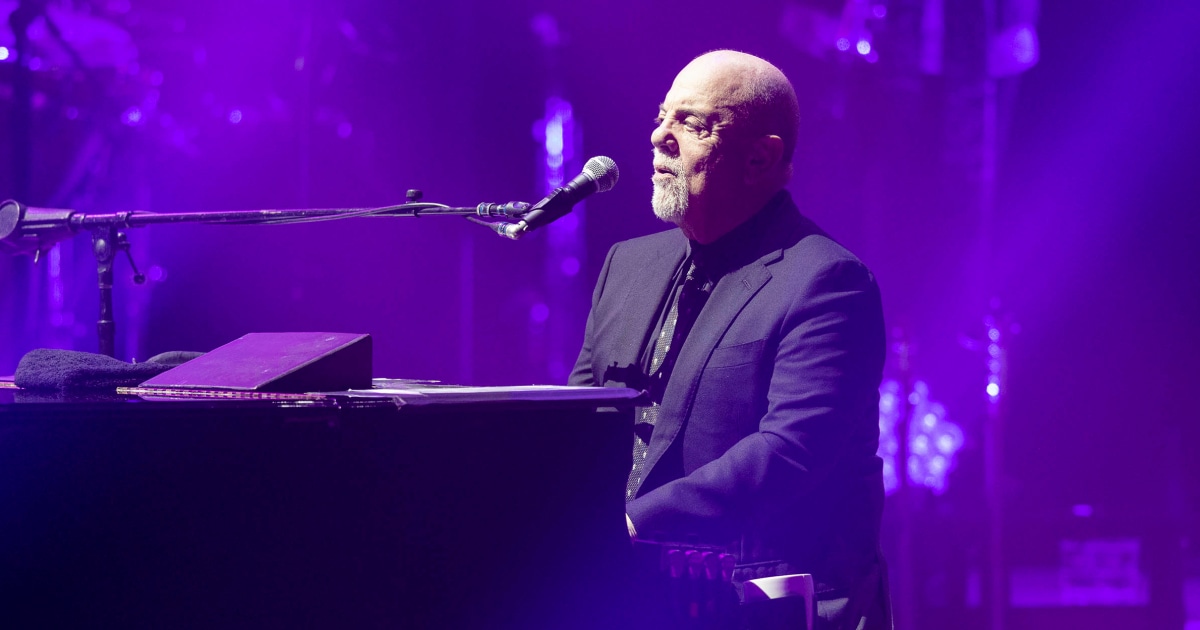“We Didn’t Start the Fire”-Billy Joel’s

Billy Joel’s “We Didn’t Start the Fire”: A Historical Anthem of Reflection
Released in 1989 on his album Storm Front, Billy Joel’s “We Didn’t Start the Fire” is a unique and fast-paced song that encapsulates over four decades of historical events, people, and cultural moments. Known for its rapid-fire lyrics and its infectious, chant-like chorus, the song serves as a cultural and political snapshot, spanning from the late 1940s to the late 1980s. “We Didn’t Start the Fire” combines Joel’s gift for melody with an unprecedented lyrical approach, making it one of the most distinctive songs of his career.
Musically, “We Didn’t Start the Fire” is driven by an upbeat, driving tempo that reflects the relentless pace of the historical timeline Joel is recounting. The song’s structure is built around a repeating chorus, which serves as a refrain between verses packed with references to significant events, figures, and trends. Joel’s delivery is urgent and almost breathless as he lists off the names and incidents, mirroring the rapid succession of history itself. The instrumentation, although straightforward, supports the song’s dynamic flow and maintains the momentum throughout the track.

Lyrically, the song is a dense collage of historical references, spanning from 1949, the year Billy Joel was born, to the year of the song’s release in 1989. Each line of the song mentions people, places, and events that shaped the post-World War II era. The list includes everything from world leaders like Joseph Stalin and Richard Nixon, to cultural figures like Elvis Presley and Marilyn Monroe, to significant historical events such as the Korean War and the Cuban Missile Crisis.
Joel wrote the song in response to a conversation he had with a younger friend who claimed that life in the 1980s was particularly chaotic and tumultuous. Joel, reflecting on the world events he had lived through, disagreed, realizing that every generation has faced its share of challenges. The lyrics “We didn’t start the fire / It was always burning since the world’s been turning” suggest that the problems and crises that define each era are not new, but rather part of an ongoing historical cycle.

This central idea—that each generation inherits the consequences of the past—resonates throughout the song. Joel is not assigning blame but rather observing the continuity of history, with each era grappling with its own social, political, and cultural upheavals. The repetition of the chorus reinforces the notion that these fires—symbolizing conflict, change, and struggle—have always been burning, and will likely continue into the future.
The song’s lyrical structure also invites listeners to reflect on the connections between the past and present. By referencing such a wide range of historical events and figures, “We Didn’t Start the Fire” encourages listeners to consider how these moments have shaped the world they live in today. For many, the song serves as an educational tool, prompting curiosity about the lesser-known references and their significance.

Critically, “We Didn’t Start the Fire” was met with mixed reviews, with some praising its ambitious approach and others critiquing its seemingly superficial listing of historical events. Despite this, the song became a massive commercial success, reaching number one on the Billboard Hot 100 in the United States and solidifying its place as a cultural touchstone. The song’s unique format, combining pop music with history, also made it a popular teaching tool in classrooms.

In conclusion, Billy Joel’s “We Didn’t Start the Fire” is more than just a pop song; it is a reflection on the nature of history and the challenges that each generation faces. Its rapid-fire lyrics and historical references provide a powerful commentary on the cyclical nature of global events, suggesting that the problems of the past and present are interconnected. Despite its fast pace and dense lyrics, the song remains engaging and thought-provoking, standing as a testament to Billy Joel’s ability to combine social commentary with his signature musical style.











